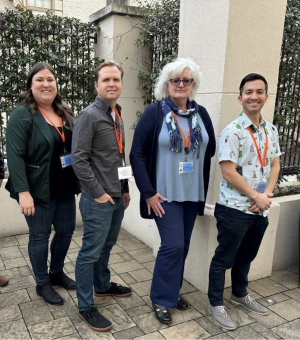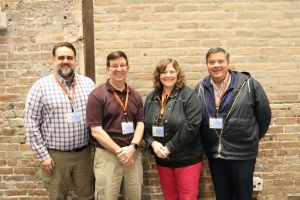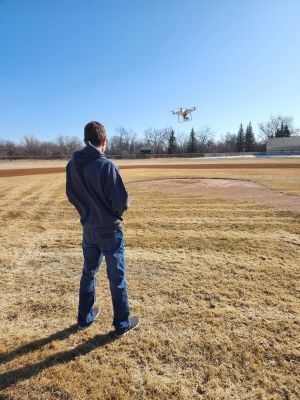Get a Mentor
Mentor-Connect offers three types of no-cost mentoring to community colleges seeking to improve technician and related STEM education through projects funded by the National Science Foundation’s Advanced Technological Education Program (NSF ATE).
1. Cohort Mentoring (Deadline: First Friday in November of each year)
helps colleges or faculty who have never implemented a NSF ATE grant proposal
2. Second-Chance (Deadline: April 1 of each year)
supports revision of proposals that were declined the first time a proposal was submitted in Track 1 or 2
3. Moving-Up (Deadline: Second Friday of March)
helps colleges that received funding in Track 1 to develop larger ATE Project proposals. (Such proposals may advance the work of the previous project or pursue new goals for improving STEM Education)
4. Co-Mentoring
Provides double support for prospective grantees seeking ATE grant funding. With co-mentoring, a subject-matter-expert (SME) Mentor from an ATE Center and a grant development expert Mentor from Mentor-Connect assist prospective grantees. An application submitted through Mentor-Connect is required to get started working on any type of ATE grant.
Cohort Mentoring Application Process
Mentor-Connect invites applicants from community and technical colleges who are interested in preparing a competitive NSF proposal
Additional Mentoring Opportunities
In addition to the first time ATE grant proposal mentoring opportunity cohort mentoring, Mentor-Connect also offers "Second-Chance" and "Moving-Up" mentoring to help advance technician education at no-cost to participating colleges. Read below to see if your institution or 2-year community college may qualify for one of these opportunities.
Testimonials






